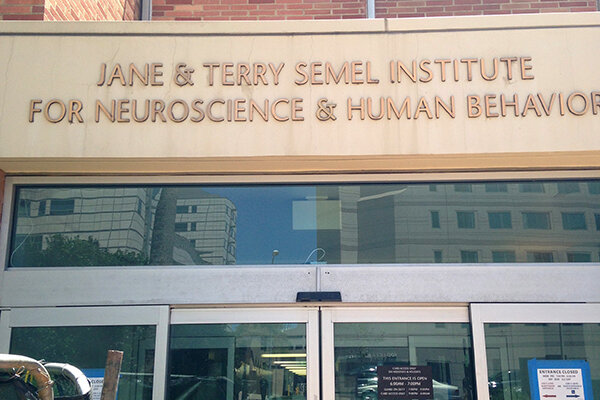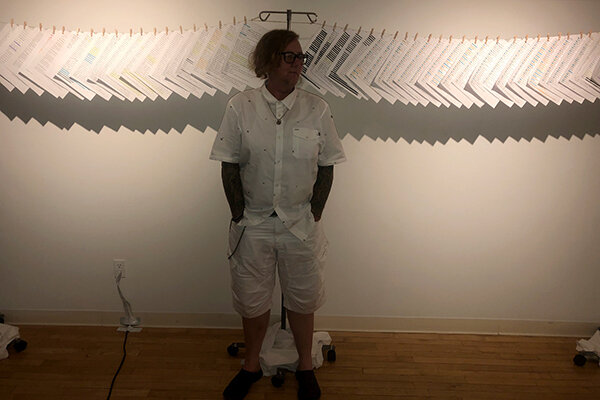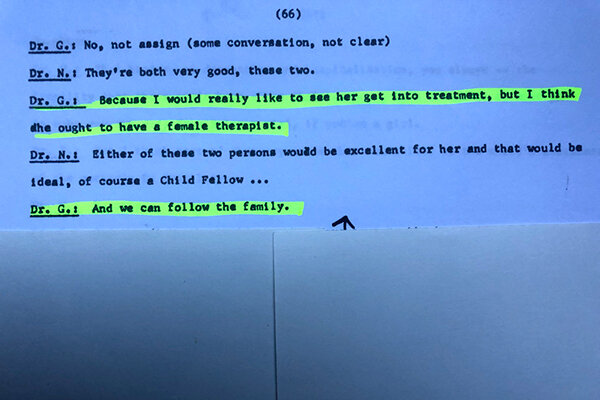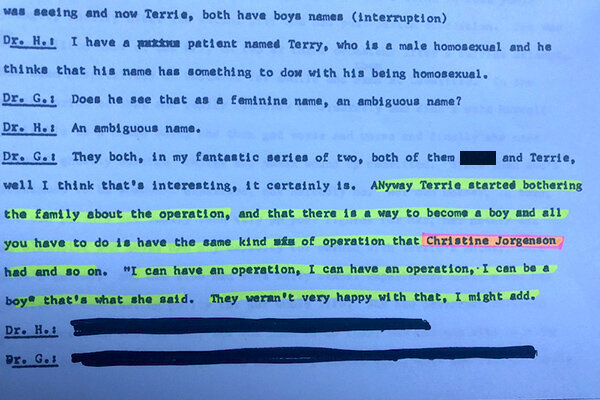We Just Want To Be
About our feature film
The phrase “conversion therapy” brings to mind Red States, evangelical Christian programs, and other deeply conservative forces. Few can imagine that some of the most culture-shaping conversion therapy was developed not only in California, but in liberal Los Angeles of the 1960s and 70s at UCLA’s prestigious Neuropsychiatric Institute under the Gender Identity Research Clinic (GIRC). UCLA’s GIRC developed clinical conversion therapy through experiments on white children, creating the concept “gender identity” in the process. Our current debates surrounding trans youth need to consider this history to avoid reproducing harms of the past.
Los Angeles of the 1960s and 70s was a significant battleground for the twentieth-century culture wars. Huge shifts in social norms produced new anxieties and new aspirations, especially for images of gender and race – through whites-only bodybuilding and beauty pageant competitions, the glorification of Hollywood and celebrity, white flight into suburbs, and heightened scrutiny on the role adults should play in shaping superior children. Among these struggles, many wondered whether or not queer people were truly a natural part of our human family. Conversion therapy was used to test this research question, and this now-discredited practice remains legal in many states across the U.S. today.
WE JUST WANT TO BE telegraphs the investigative journey of two individuals who form an unlikely friendship, across race and generation. One friend, Sé Sullivan (they/them), was a child research subject at UCLA’s GIRC. Sé is Irish-American, an elder, and a queer and non-binary survivor of trauma, the HIV/AIDs pandemic, and clinical violence. Sé meets Mauro Sifuentes (all pronouns), a queer, Latinx, non-binary millennial who has a family history of eugenic experimentation in Los Angeles. Mauro struggles to identify with trans peers, as so many of them trust the field of medicine to address issues of gender identity. Joining together across the ever-present tensions of their unique lives, these two activist-educators immerse themselves in their interwoven legacies in Los Angeles to explore the urgent question: how has conversion therapy shaped possibilities for trans youth today – especially for trans youth of color who carry wounds of medical and psychiatric violence against their communities across multiple generations?
This story reframes our knowledge of California as an unquestionably safe place for queer and trans people. The filmmakers, Sé and Mauro, are intimately aware of this, given their own migrations through Southern, Central, and Northern California. WE JUST WANT TO BE also uncovers the long-standing legacy of eugenic research in prestigious California universities, as well as how racism and xenophobia contribute to ideals of gender, sexuality, and family life. These stories are important to U.S. and international audiences alike, as idealized images of gender and race crafted in Los Angeles have been broadcast across the globe for decades; California continues to be a place where worldwide images and communication pathways are produced, from Hollywood and the military-industrial complex to Silicon Valley and Bay Area queer culture.




